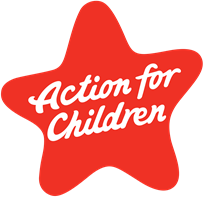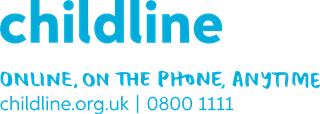Young carers
What is a young adult carer?
Do you help to look after a parent, sibling, partner, grandparent or other relative who:
- has a disability
- is frail or elderly
- has mental ill health
- has drug or alcohol issues
- has an ongoing illness, or
- similar problem?
Do you:
- worry about them
- ever feel alone with no one to talk to
- feel that you need information or support
- organise or attend appointments
- deal with medication, pay bills or sort paperwork
- provide personal care
- cook or clean for them
- help with younger children, or
- support them in other ways?
If you have answered yes to any of these questions then you may be a young adult carer
Support for young carers
If you're a young carer, friends and relatives are often the first people to turn to for help with problems. Talking things through with them can be really helpful.
If you find it hard to talk to others, try to write your thoughts in a diary, poem or letter first. This can help to make sense of your thoughts and how you feel, before getting help.
Help from teachers and other school staff
Teachers are there to help pupils get the most out of school. They can be excellent people to speak to about any problems you have.
If you're missing lessons to help look after someone at home or struggling to get your work in on time, talk to a teacher about what you do at home so that they can understand what is happening and give you more help.
As a young carer, you might find school a place where you can forget about your caring responsibilities and feel "normal" for a while. But it can also be a place where you're under extra pressure or where people do not understand your life outside school. It can sometimes be hard to juggle all your responsibilities as a young carer with the demands of teachers, friends and homework.
Meet other young carers
Meeting up with other young carers is a great way to make new friends, have some fun and share some of your worries with people in similar situations to your own.
Young carers projects can help you have a break from home, plus meeting other young carers can help you relax. Young carers projects may offer evening clubs, weekends away, days out and even holidays, as well as friendly advice and information for you and your family.
Help from doctors, nurses and other health workers
If you're worried about your health, or the health of the person you care for, speak to a doctor or GP.
School nurses visit schools and are usually happy to speak with you about your health concerns.
Counsellors work in various places, including schools, hospitals and youth centres. Their job is to listen carefully and give advice – in a private setting.
Local mental health nurses can offer emotional support and advice about mental health conditions. If the person you care for has a "community psychiatric nurse", you can talk to the nurse about their situation and how you can help them cope.
If you're worried about your mental health, you can find support through the children and young people's mental health services (CYPMHS). There are services all over the country helping young people with mental health conditions.
Useful Contacts & Information

https://www.kids.org.uk/young-carers
KIDS is an organisation specifically for carers under the age of 18. It runs regular clubs where you can meet other young carers and offer support, advice and information.

https://www.actionforchildren.org.uk/our-work-and-impact/children-and-families/young-carers/
Action for Children can put you in touch with other young carers. It also has free places for young carers at its residential activity camps.




